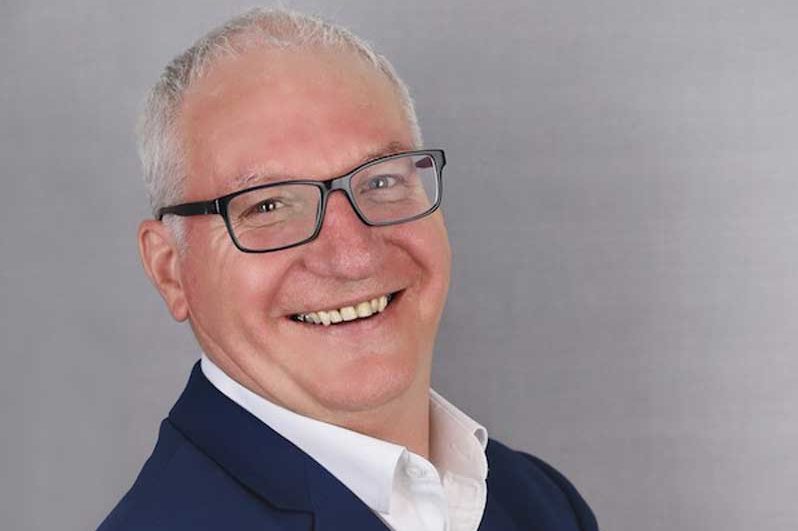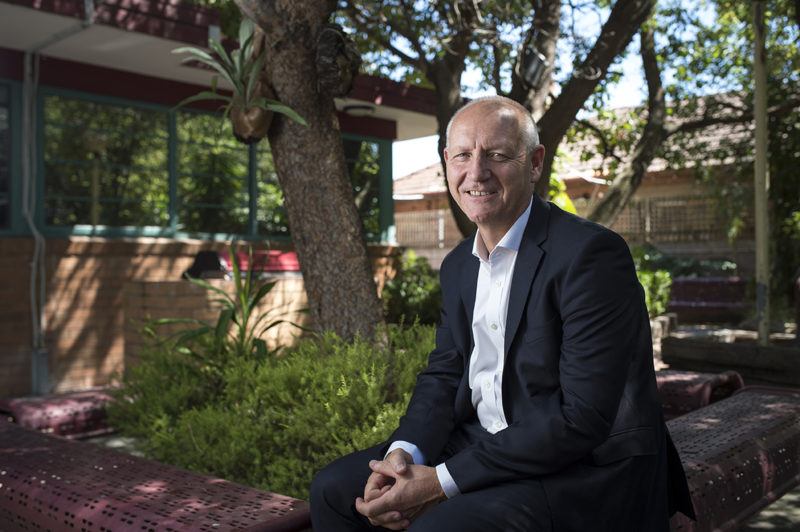
More than 'soup kitchens'
‘Soup kitchens’ offer far more than a feed to people experiencing disadvantage and poverty, according to a new University of Melbourne study they play a critical role in breaking the cycle of homelessness.

The research found these ‘one-stop shops’, known as Open Access Centres, improved the most marginalised people in our society’s lives through social inclusion, better physical and mental wellbeing, housing, and life skills development.
The study, the first of its kind, found access to nutritious meals, essential services and a safe place offering belonging, as well as unconditional acceptance. This prevented adverse outcomes for clients with complex needs and disadvantages.
Sacred Heart Mission CEO Cathy Humphrey says clients rely heavily on centre services, located in St Kilda, Fitzroy and North Melbourne, including housing support, crisis response and referral, allied health and counselling services.
“We are more than just a soup kitchen – our meals are a starting point for engagement and there is a strong integration between our services and programs, which enables us to meet the full range of our clients’ needs,” Cathy says.
“We offer a safe, welcoming place and we work on developing rapport and trust between clients and workers, which is critical for people who are unwell or have experienced trauma and extreme social isolation because they feel ostracised from mainstream society.”
St Mary’s House of Welcome CEO, Tony McCosker says holistic services are critical in providing community connections, support services, relationships, in addition to human basic needs.
“Our participants at St Mary’s come to us for the extras – the communal engagement, a sense of being valued, the experience of being treated with dignity and engagement with our community,” Tony says.
John Blewonski, CEO VincentCare Victoria, says social isolation is one of many disadvantages faced by people experiencing homelessness.
“Ozanam Community Centre, VincentCare Victoria’s Open Access Centre, has long been the first point of contact for those people when they need a place to eat, wash and access essential services,” John says.
The report, led by Professor Margaret Kelaher, Director of the University’s Centre for Health Policy, found centres are leaders in integrated care and should play a vital role in the rollout of the National Disability Insurance Scheme (NDIS).
Policy reforms such as the NDIS, as well as aged care and mental health, are adopting the centres’ ‘one stop-shop’ approach for people’s care.
The research showed centres met most clients’ critical needs, but were stretched with demand for support workers, appointments, programs and activities, opening hours and quiet space.
The study also found:
- clients have high levels of past and present homelessness – 80 per cent of participants were or had experienced homelessness
- unstable accommodation, high levels of physical and mental health needs, and significant social isolation are common
- clients are predominantly Caucasian, male, and aged 45 years and over, but also include women
- about 8 per cent identified as Aboriginal and or Torres Strait Islander
- nearly all participants were dependent on social security benefits and were on very low incomes
- 26 per cent have a tertiary qualification, which is consistent with the national average for people of a similar age
- at Sacred Heart Mission specifically, 26 per cent reported that they were currently sleeping rough, 18 per cent were in public housing, and 12 per cent in private rooming houses
- 79 per cent of clients surveyed reported that centres helped them connect with other services
- 75 per cent reported that they made new friends by coming to the centres and 46 per cent said they felt more part of the community
- 21 per cent of clients could not access support workers, service appointments, programs and activities when they needed it because the centres did not have sufficient resourcing.
Professor Margaret Kelaher, Dr Camille La Brooy and Peter Feldman, An appraisal of four Open Access Centres in Melbourne.
The project was funded by the Lord Mayor’s Charitable Foundation and was approved by the University of Melbourne Human Research Ethics Committee.
The week marks Anti Poverty Week, 16 – 22 October, which encourages research, discussion and action to address these problems. More information here; http://www.antipovertyweek.org.au/



